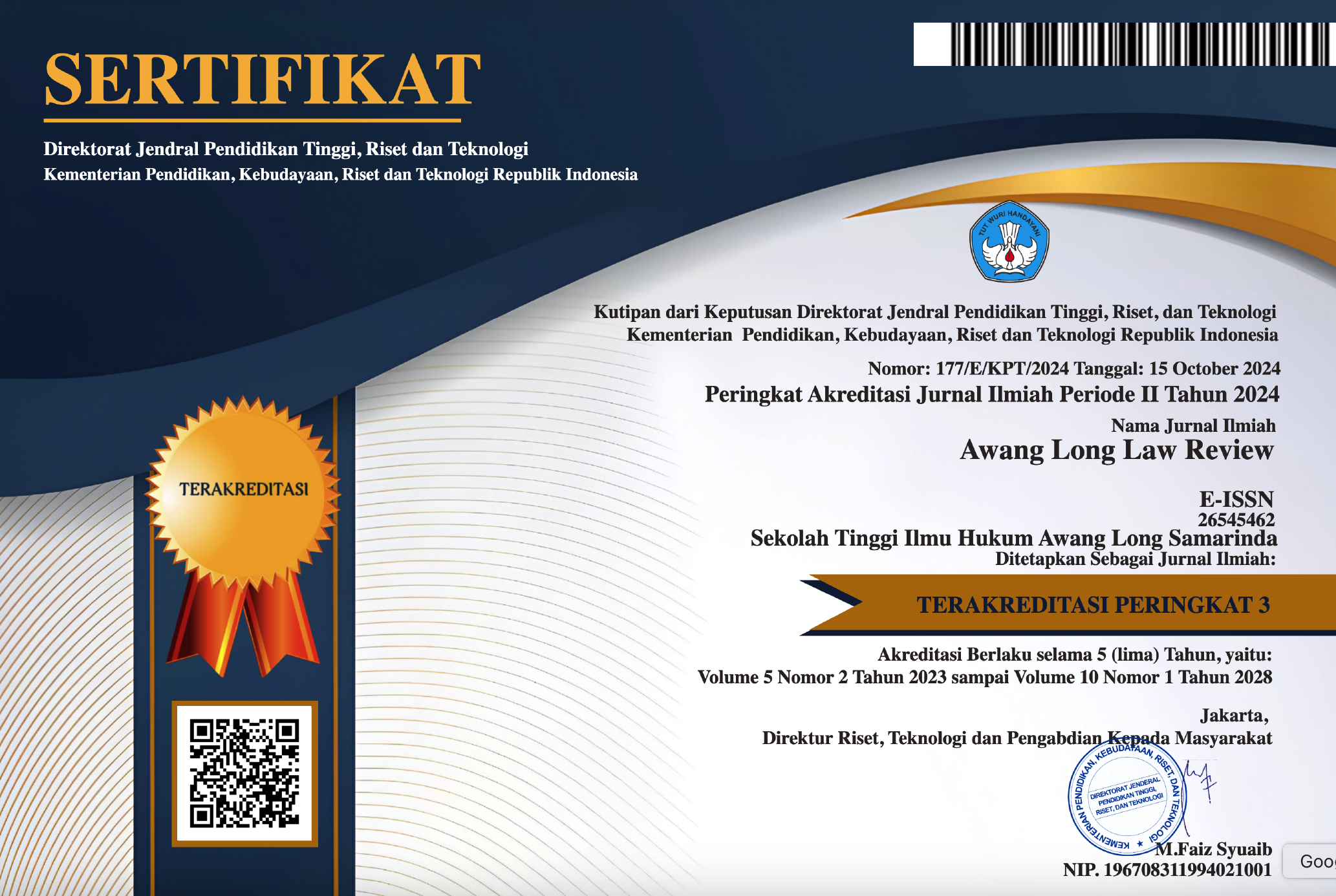ANALYSIS OF THE CHARACTERISTICS OF FINANCIAL RISK IN CONTRACT WITH THE PRINCIPLE OF PROFIT-SHARING IN SHARIA BANKING
Abstract
Risk is a loss born as a result of a specific condition. Islamic banking, a financial institution that bases its operational activities on Islamic law, cannot be separated from risks. This risk can threaten operational continuity, the worst consequence of which can be closure because it cannot operate. Mudharabah and musyarakah contracts are contracts with the principle of profit-sharing. At the beginning of the operation of Islamic banking were the mainstay products to eliminate the interest system practiced in conventional banking. Musyarakah and musyarabah contracts are very strategic products to help advance the people's economy by distributing funds for the trade and industry sectors. Lately, musyarakah and mudharabah contracts have not become the leading service. Banking services are more on consumptive contracts such as murabahah, ijarah, Qardh, and others. The high-risk character attached to the profit-sharing contract triggers the unpopularity of this contract in Islamic banking services. This paper is intended to describe the characteristics of contract risk with the principle of profit-sharing and the identification of potential risks that accompany it. Therefore, it makes it easier for interested parties to undertake risk management efforts. In contrast, they continue to ensure whether these efforts run according to sharia.
Downloads
Copyright (c) 2022 Awang Long School of Law

This work is licensed under a Creative Commons Attribution-ShareAlike 4.0 International License.







